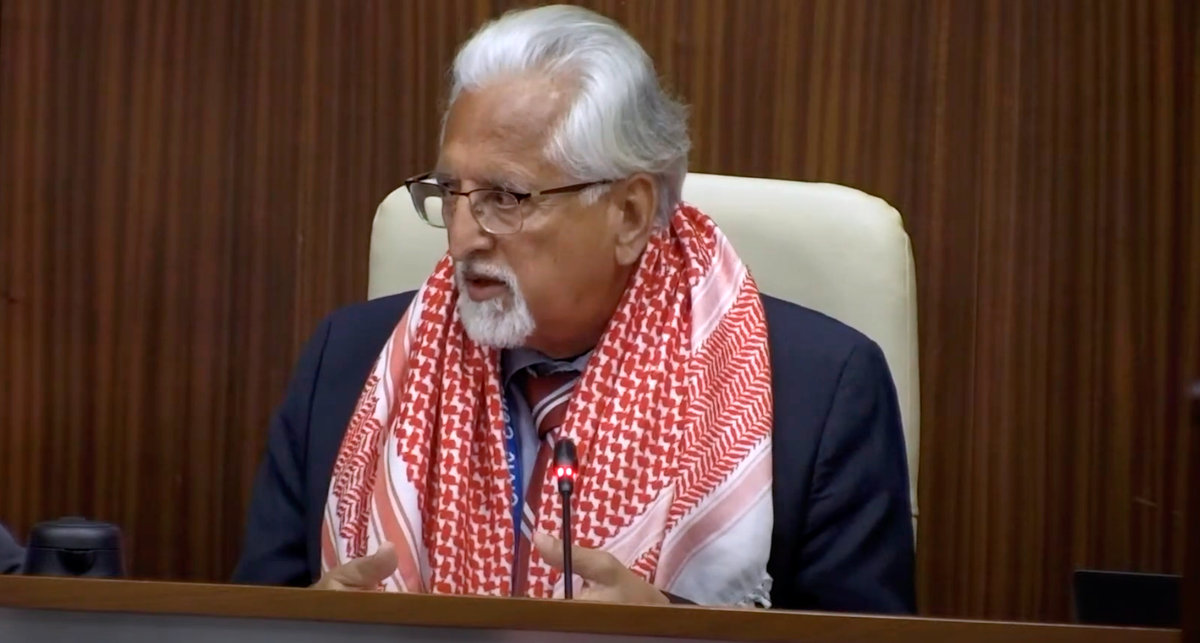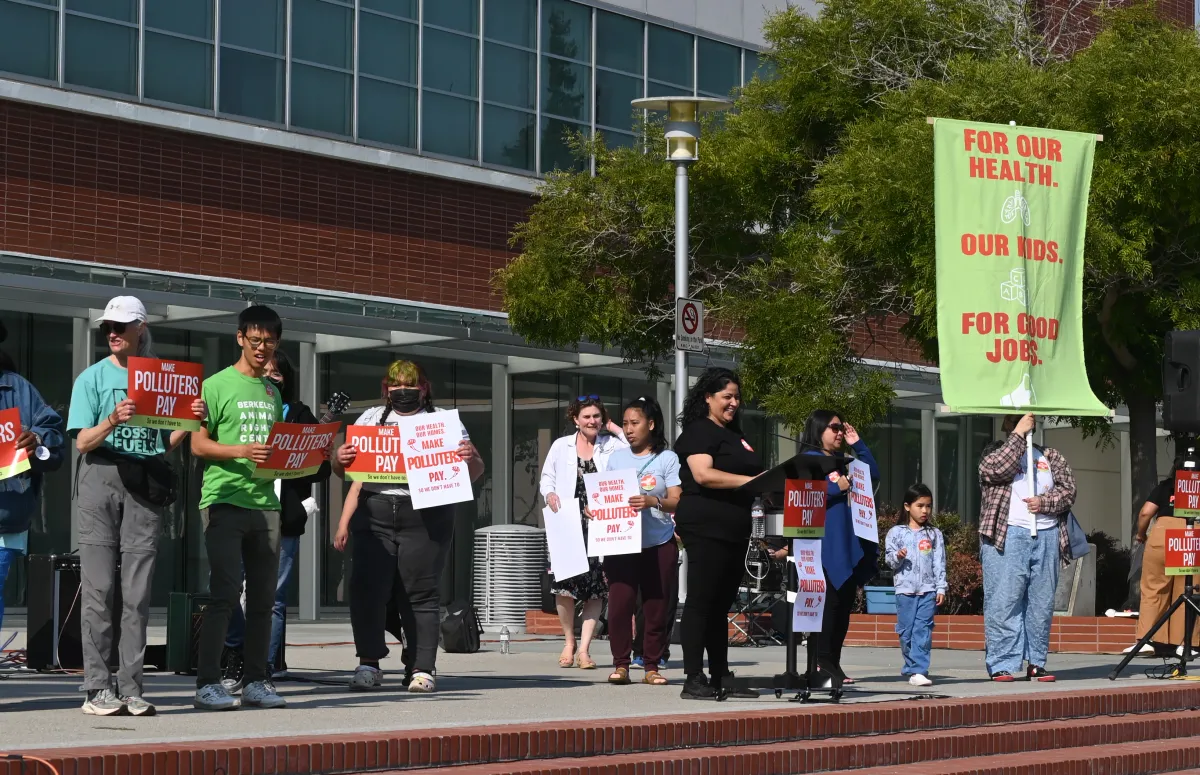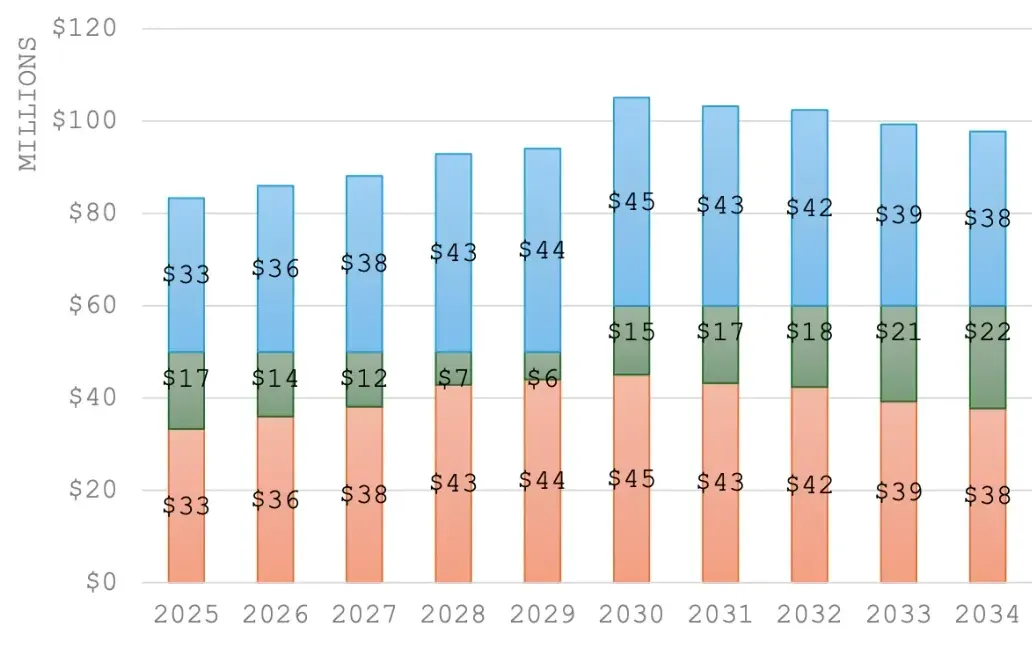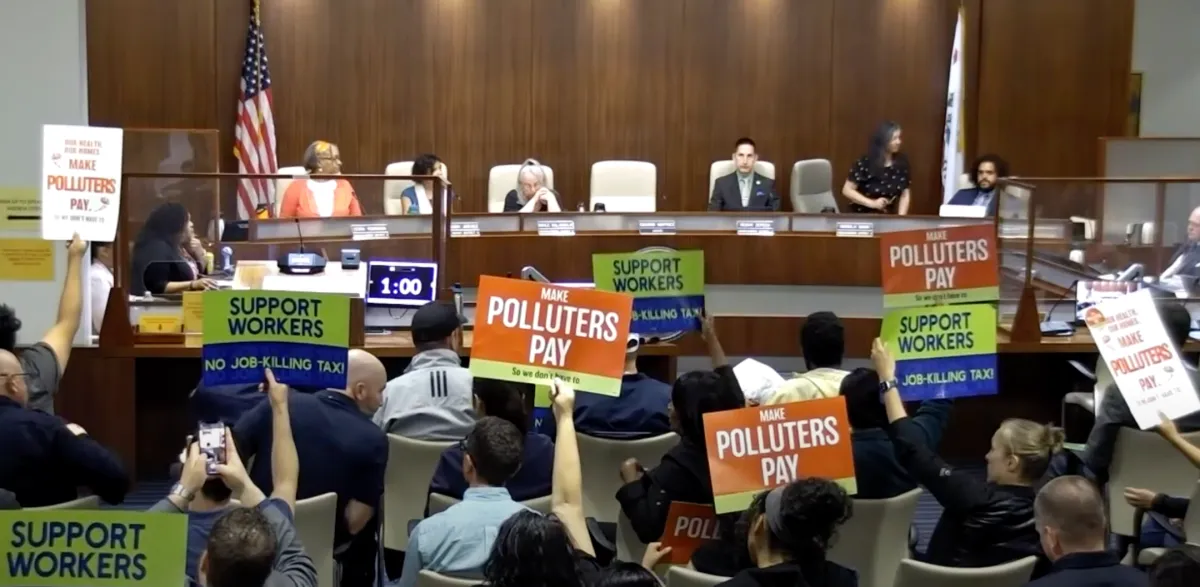

Richmond city officials will explore a plan to accelerate repayment of the city's $392 million in unfunded pension liabilities using funds from its $550 million Chevron tax settlement, a move supporters say could save taxpayers $117 million in interest while freeing up $33 million annually for city services.
Mayor Eduardo Martinez expressed concern over the framing of a proposal to use Chevron settlement money to pay off pension debt at Tuesday night's Richmond City Council meeting, suggesting the funds should be viewed as part of the city's general fund.
"I hear people talking about Chevron funds. What do we mean by Chevron funds?" Martinez said. "Chevron funds come from the utility tax, property tax, and the settlement. But these funds aren't special funds — they are part of the general fund, and that's how we need to be speaking about them."
 Grandview IndependentSoren Hemmila
Grandview IndependentSoren Hemmila
Martinez said referring to the money as "Chevron funds" was misleading and problematic. "I refuse to view it as Chevron funds, especially settlement funds," he said. "What matters is that it comes from the general fund. And I will say that over and over — general funds, general funds, general funds."
Richmond's pension liabilities have been a growing concern, with current payment schedules stretching into 2044 at a total projected cost of $652 million, including $260 million in interest.
Kristen Schumacher Nascimento, the International Federation of Professional and Technical Engineers' lead researcher, framed the proposal as an opportunity for Richmond to stabilize its finances while reducing reliance on Chevron, which currently accounts for about 15 percent of the city's revenue.

"When you have short-term infusions of money, you can use that to pay down long-term debt," Nascimento said. "If you were to do this, you'd pay off the liabilities by 2035 and eliminate that expense from the city's payroll budget, creating permanent savings."
Nascimento said Richmond is currently spending $33 million every year on pension payments.
"By paying down the debt sooner, we can free up that money for services like public safety, road repairs, and staffing. That's money we can redirect to the things residents need without having to raise new revenue," Nascimento said.
Depending on the year, the proposal would increase the city's annual payment to the California Public Employees Retirement System from $6 million to $22 million.
Supplemental Pension Payments

The proposal, introduced by Councilmembers Claudia Jimenez, Doria Robinson, and Sue Wilson, would direct city staff to collaborate with IFPTE Local 21 to study using the settlement to expedite repayment of Richmond's $392 million in unfunded pension liabilities.
If approved, the city could save an estimated $117 million in interest payments over two decades, freeing up $33 million annually for city services once the debt is eliminated, according to a presentation by IFPTE Local 21, a union representing city employees.
Councilmember Wilson sought to clarify the mechanics of the proposal. "If we use that money to pay down the CalPERS debt over the next 10 years, we simultaneously free up $33 million annually that we are currently paying into the pension system," Wilson explained. "That means more funding for city services like infrastructure, public safety, and staffing—not just for the next decade, but for the next 20 years."
Public comment revealed divided opinions on the proposal. Some speakers, including union representatives, supported the move as a prudent financial decision, while others argued that the funds should be directed toward immediate community needs.
Councilmember Jamelia Brown argued that the settlement was originally promised for public services and infrastructure improvements, not financial restructuring.
 Grandview IndependentLinda Hemmila
Grandview IndependentLinda Hemmila
"This settlement is the people's payday," Brown said. "It's not just about balancing the books — it's about prioritizing people now, not in 10 or 20 years. We told residents these funds would go to fixing roads, improving youth services, and increasing public safety. Now we're shifting the conversation to debt relief, and that's not what people expected."
Emma Ishii, a Local Policy Coordinator with Asian Pacific Environmental Network, spoke in support of the proposal. She highlighted APEN's work with Asian immigrant and refugee Richmond residents on environmental justice campaigns, most recently the Polluters Pay campaign that led to the settlement between Chevron and the city.
"Richmond residents deserve to see all of the options available to them and weigh in on how these are spent," Ishii said. "APEN will be advocating for the city to continue making decisions on settlement funds in an open and democratic manner that empowers Richmond residents as much as possible."
Richmond Police Officers Association President Ben Therriault expressed general support for paying down liabilities but raised concerns about how the issue was presented on the agenda.
"I think it should be a little bit more transparent, and all the unions should be a part of it," Therriault said. "Especially the unions if they're in negotiations currently, to make sure that the city upholds its end by bargaining in good faith."
The council voted 6-0, with Councilmember Sohelia Bana absent, to direct staff to collaborate with IFPTE Local 21 and analyze potential strategies.
Thanks to our subscribers, who help make this coverage possible.
If you are not a subscriber, please consider supporting local journalism with a Grandview Independent subscription. Click to see our monthly and annual subscription plans.
Copyright © 2025 Grandview Independent, all rights reserved.
